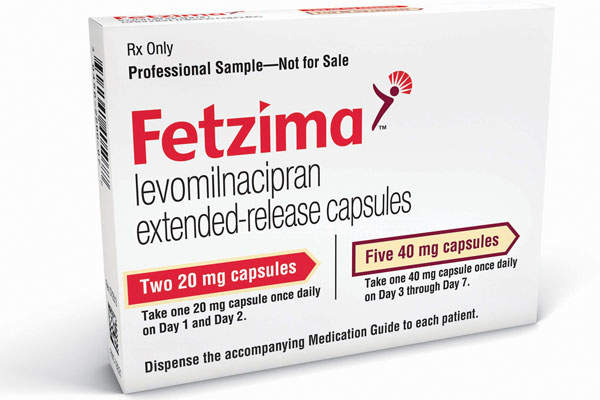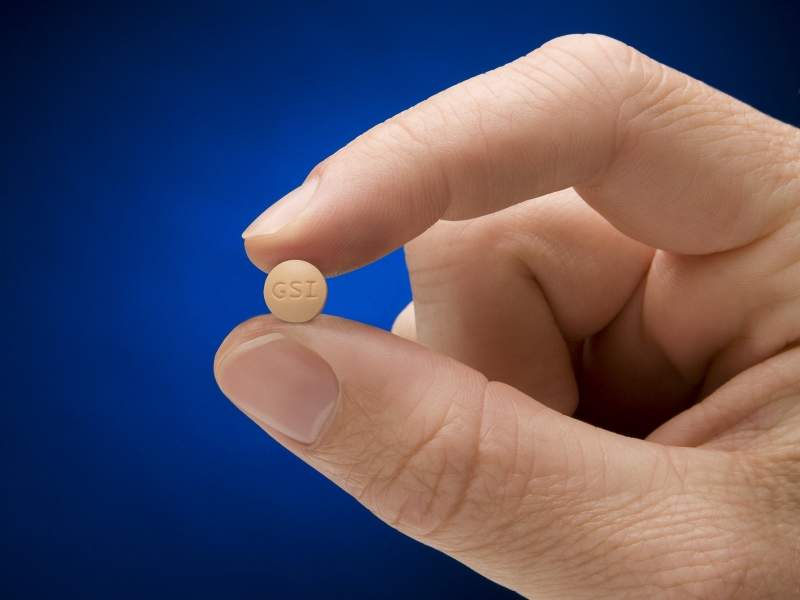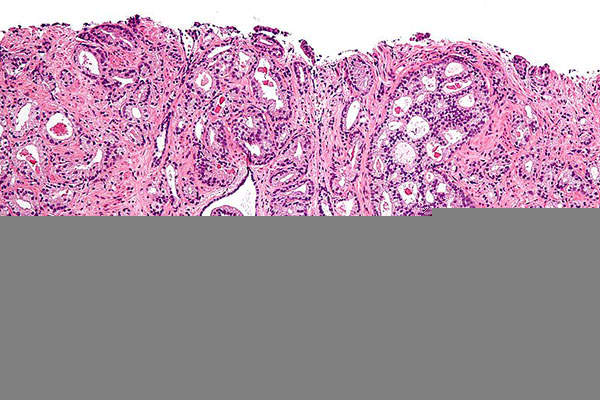Developed by Gilead Sciences, Vemlidy (tenofovir alafenamide) is indicated for treatment of hepatitis B (HBV) virus infection with compensated liver disease in adult patients.
A new drug application (NDA) for Vemlidy was submitted to the US Food and Drug Administration (FDA) in January 2016, which was granted approval in November 2016.
Gilead also filed an NDA with Japan’s Pharmaceutical and Medical Devices Agency (PMDA) in March 2016, and the drug was approved by Japan’s Ministry of Health, Labour and Welfare (MHLW) for the treatment of chronic HBV virus infection in December 2016.
A marketing authorisation application (MAA) for Vemlidy was submitted to the European Medical Agency (EMA) in February 2016 and the drug was approved in the EU in January 2017.
The drug received approval in Canada for the treatment of chronic HBV infection in adult patients with compensated liver disease in June 2017.
China’s National Medical Products Administration (NMPA) approved the drug to treat chronic HBV infection in adults and adolescents aged 12 years and older in November 2018.
Hepatitis B infection causes and symptoms
HBV infects the liver and causes infectious hepatitis. The disease spreads from person to person through sharing needles or syringes, sexual intercourse and from mother to baby during birth.
Acute hepatitis B is a short-term illness that shows symptoms within six months from exposure to HBV, whereas chronic hepatitis B is a long-term illness and usually occurs if the virus remains in the body for a longer time after being exposed to the infection.
Chronic liver infection is associated with symptoms such as loss of appetite, nausea, vomiting, fatigue, severe abdominal pain, jaundice, dark-coloured urine and joint pain.
Vemlidy’s mechanism of action
Vemlidy is a 25mg once-a-day oral formulation for the treatment of adult patients with chronic HBV infection.
Tenofovir Alafenamide is a lipophilic cell permeant compound that enters the liver cells (hepatocytes) through passive diffusion and with the help of hepatic uptake transporters OATP1B1 and OATP1B3. In the hepatocytes, Tenofovir Alafenamide gets hydrolysed to tenofovir, which in turn gets phosphorylated to tenofovir diphosphate.
Tenofovir diphosphate gets incorporated into the viral DNA by HBV reverse transcriptase and inhibits the growth of the virus by halting the HBV replication.
Clinical trials
The US FDA approved Vemlidy based on the results obtained from Phase III clinical trials Study 108 and Study 110, which were conducted on 1,298 subjects with hepatitis B infection to evaluate the safety and efficacy of the drug.
The drug’s approvals in Europe, China and Japan were also supported by the results of Study 108 and Study 110.
Study 108 was a 48-week, randomised, double-blind, active-controlled Phase III trial conducted on 425 subjects with HBeAg-negative compensated liver disease. Subjects were randomised to receive either Vemlidy 25mg once a day for 48 weeks or tenofovir disoproxil fumarate 300mg once a day for 48 weeks.
Study 110 was a 48-week, randomised, double-blind, active-controlled trial conducted on 873 subjects with HBeAg-negative compensated liver disease. Subjects in the trial were randomised to receive either Vemlidy 25mg once a day for 48 weeks or tenofovir disoproxil fumarate 300mg once a day for 48 weeks.
The two studies met their primary end points and indicated that Vemlidy was superior to tenofovir disoproxil fumarate in showing non-inferiority HBV DNA levels below 29IU / ml through the 48 weeks and normalisation of blood serum alanine aminotransferase (ALT) levels.
Further analysis of both studies showed that patients who received Vemlidy improved bone and renal laboratory parameters when compared with patients that took tenofovir disoproxil fumarate.
The most commonly observed adverse events in the two studies were headaches, coughs, abdominal pain, fatigue, nausea and back pain.





